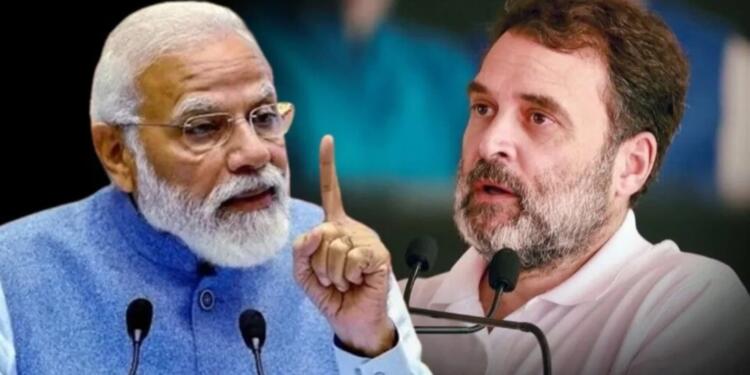The results of the 2024 Lok Sabha elections will be announced in a week, and these results are expected to have a significant impact on the country’s economy. According to the American research firm S&P Global Market Intelligence, the post-election economic momentum is likely to be bolstered by improvements in government capital expenditure, private consumption, and investment.
S&P Global Market Intelligence has identified strategic sectors such as renewable energy, electronics, textiles, digital infrastructure, logistics, food production, and services as crucial for India’s macroeconomic stability and growth. These sectors are considered vital for climate policy, energy transition, and domestic employment objectives, and are also seen as beneficial from the perspective of India’s foreign policy.
Current Government to Gain Two-Thirds Majority
According to S&P Global Market Intelligence, if the current government led by PM Modi wins a two-thirds majority in Parliament on June 4, it aims to make India the world’s third-largest economy by 2030 and reduce the fiscal deficit to 4.5 percent of GDP by the fiscal year 2026. The firm also noted that inflation is expected to decrease from 5.7 percent in the last quarter to 5.3 percent in 2024.
Growth in Technology and Digital Infrastructure
There is an expected increase in the use of technology in government services and private sectors. This will bring more focus on proposed legislation to regulate personal data, the use of domestic digital infrastructure, and AI systems. S&P Global also mentioned the potential emphasis on ‘national champion’ firms in strategic sectors, which could receive special project-based exemptions.
Potential Impact of Coalition Government
However, if the NDA falls short of a majority, the central government might focus more on social welfare provisions. In such scenarios, increased cooperation with states is anticipated. According to S&P Global’s decentralized policy-making perspective, if no single party gains a clear majority, there could be cabinet reshuffles and delays in negotiations for the coalition’s 100-day program.
Strategic Sectors for the Economy
The research firm emphasized that sectors like renewable energy, electronics, textiles, digital infrastructure, logistics, food production, and services are important for India’s macroeconomic stability and growth. These sectors align with climate policy and energy transition goals, and also support domestic employment objectives. Overall, the development of these sectors could also benefit India’s foreign policy stance.
Employment and Economic Stability
Growth in these strategic sectors will increase employment opportunities and enhance economic stability. Investment in renewable energy will have a positive environmental impact and reduce energy dependency. Improvements in electronics and digital infrastructure will help achieve the Digital India goals and create new job opportunities in the tech sector.
Improvement in Investment and Private Consumption
Post-election, an increase in capital expenditure and investment is expected, which will also boost private consumption. This will lead to improved domestic demand and create new opportunities for industries. Enhanced investment could lead to the establishment of new industries and the expansion of existing ones, accelerating economic activities.
Potential Challenges
However, potential challenges post-election cannot be overlooked. If a coalition government is formed, there is a risk of delays in policy-making and political instability. This could slow down economic reforms and reduce investor confidence.
Conclusion
The results of the 2024 Lok Sabha elections will have a significant impact on the Indian economy. A majority for the current government is expected to accelerate economic reforms and growth, while a coalition government might lead to delays in policy-making and political instability. The development of strategic sectors like renewable energy, electronics, textiles, digital infrastructure, logistics, food production, and services will be crucial for macroeconomic stability and job growth. Regardless of the election outcome, this period will be critical for the Indian economy, and the right policies could elevate it to new heights.
ALSO READ: How India, largest economy of the world once, got sudden decline and rise?

























